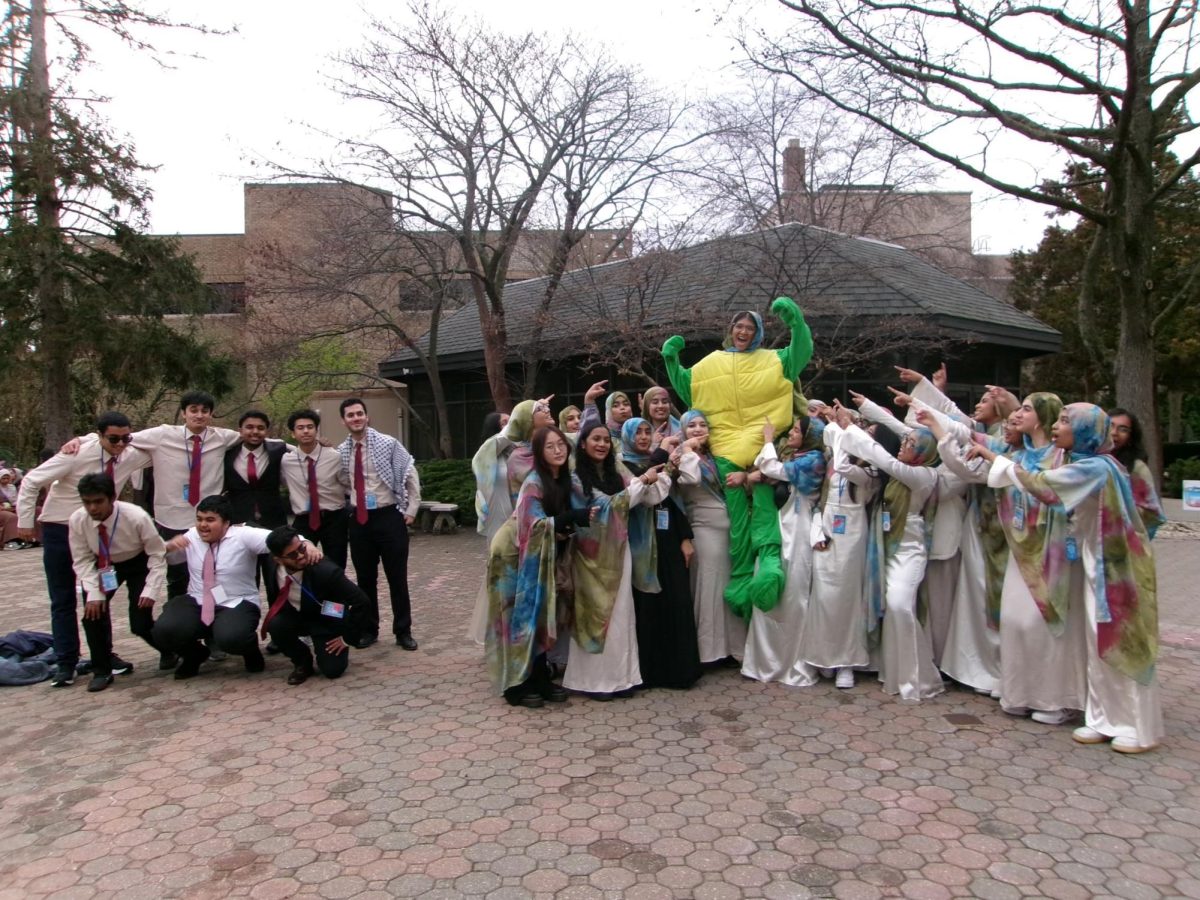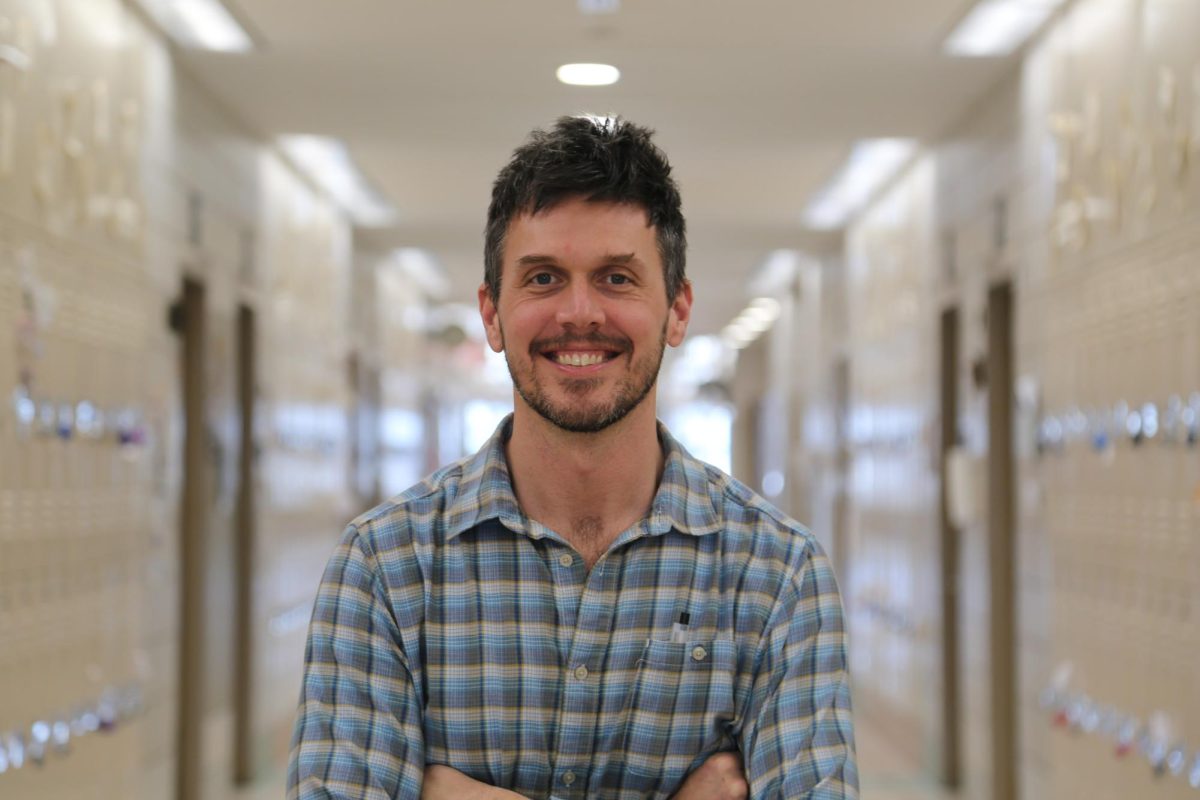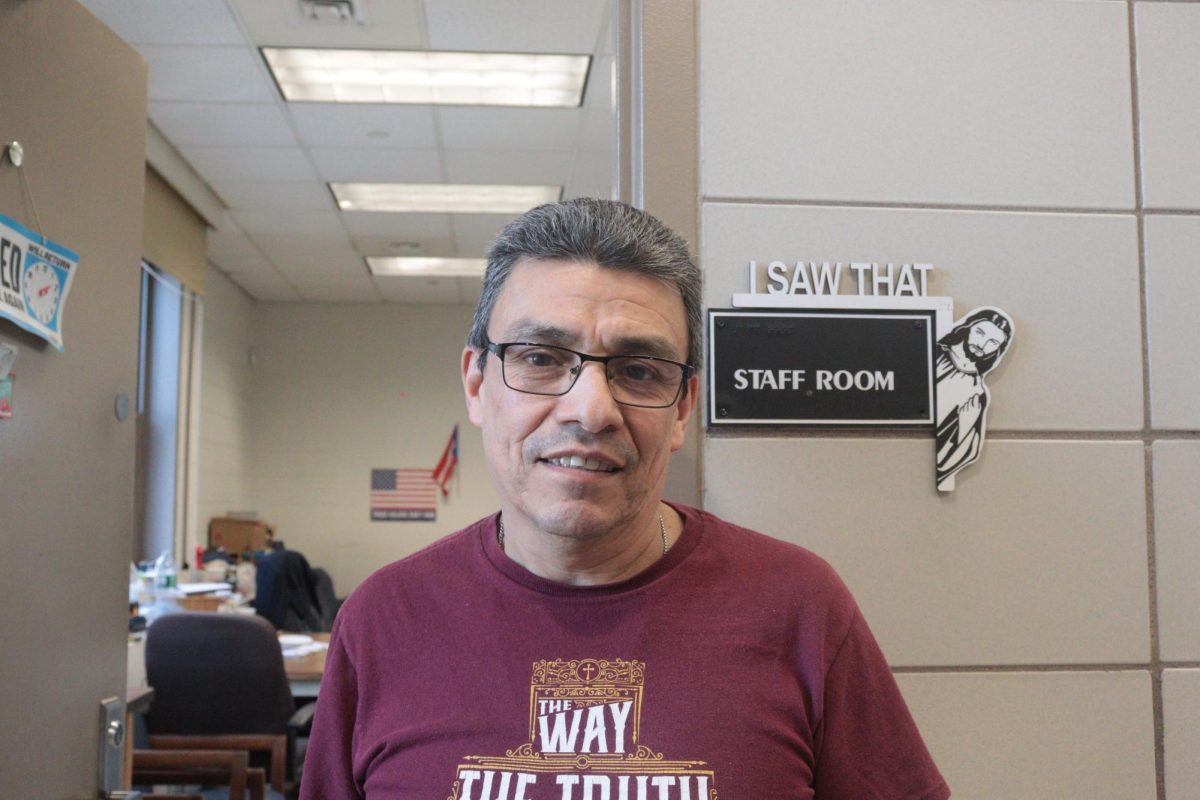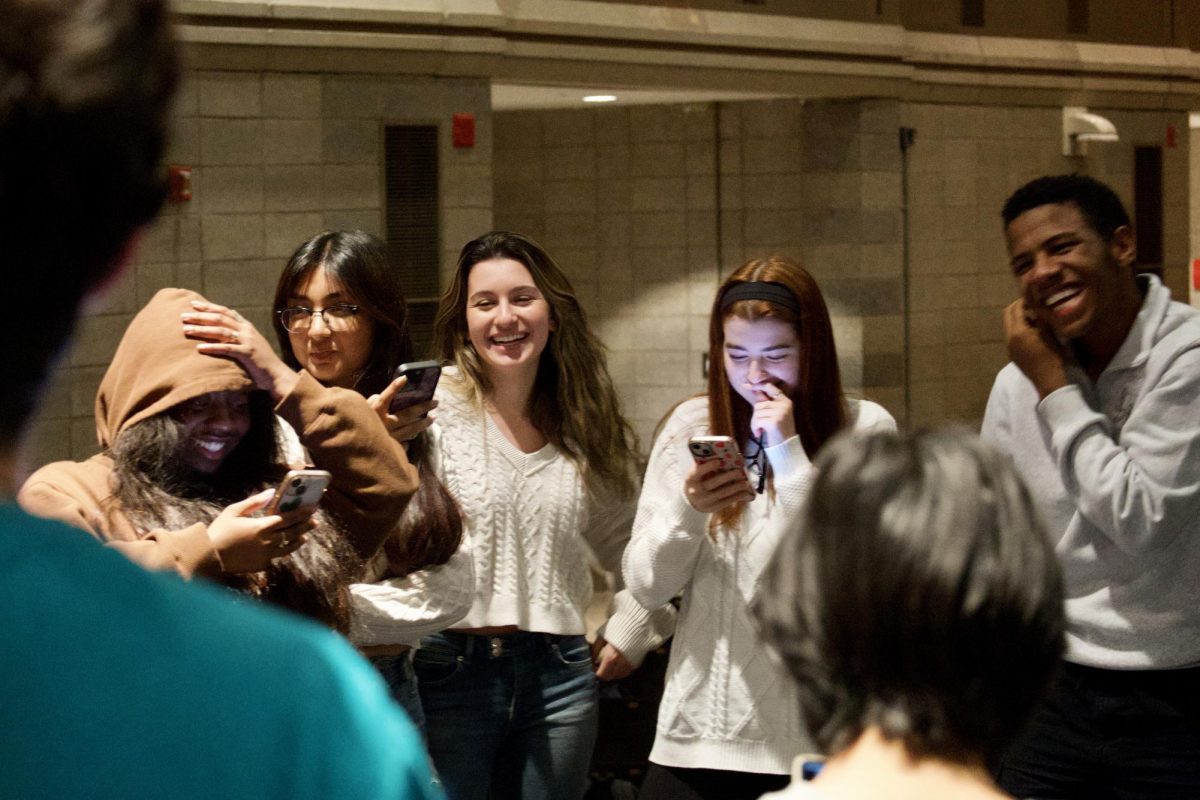
He walks into the elevator quickly and avoiding eye contact. He waits for the sixth floor but the elevator seems to be taking its sweet time, the gradual lift being enough to knot the ties in his stomach even tighter. Though he isn’t running a mile or rushing to class, he can feel his blood sugar levels dropping. The stress is getting to him. The elevator doors open and another student walks in. She wears a bulky cast on her right leg and wears it proudly. With a subtle glance in his direction she looks for his excuse, finding no answer on his physical form. She gets off on the next floor. He takes a swig of his sugary ice tea and feels his blood sugar rise steadily.
There is no denying that Townsend Harris is home to people of various races, ethnicities, and backgrounds. Within these many groups, there is one group of people who classify as diabetics. These people may not appear to be any different than a student without diabetes, but they still present a stigma is today’s society.
The life of a diabetic in a school environment obviously differs from that of a student without diabetes as they have different needs and special accommodations throughout the day.
Alumni Rachel Chabin states that “For most students, rushing across campus to get to their Queens College class or running a mile in gym might not be fun, but it doesn’t require much forethought.” However, as a diabetic, her condition is always are the forefront of her mind. For a diabetic, a few minutes of walking or running results in her being more sensitive to insulin. This, in turn , can cause a shift in the diabetic’s blood sugar levels. Therefore, she is constantly checking her blood sugar and insulin levels.
Sophomore Karolina Marek claims, “It is difficult being a student with diabetes. I feel like I have to be more serious and mature about everything. I always have to make sure that my blood sugars are ok, and check them before taking exams. Low and high blood sugars can affect performance on exams because they cause loss of concentration, blurry vision, anxiety and many more negative symptoms.”
Junior Chris Horton says, “Having diabetes mean that’s I have a little more responsibility when it comes to taking care of myself than many teens and others do. I will always have to carry around certain supplies with me, especially food. Additionally, I look at the nutrition facts of all the food I eat when some students might not even hesitate to just start eating.”
Many teachers and staff members take measures to accommodate students with diabetic needs.
Rachel recalls, “The teachers at Townsend, for the most part, were always wonderful in helping when I had any problems. In the overwhelming majority of cases, teachers and staff were understanding, sympathetic, and discreet in letting me go to the nurse, taking a makeup quiz if I had to miss it to deal with a blood sugar problem, or letting me check my blood sugar in class. Gym teachers in particular would be great, checking in with me before and after a run and letting me take a break if my blood sugar was low.”
Students want to clear up misconceptions about diabetes. Chris adds, “I would like students to know that I didn’t get type 1 diabetes as a result of poor nutrition and lack of exercise, but it is an autoimmune disease and is out of my control. Type 2 diabetes is the disease people can get as a result of these habits, and it is mostly in adults, not teenagers like me. It is a common misconception and I’d like others to know because I get asked a lot about how I got it.”
He continues, “Some of my friends have joked about having the disease and I don’t let it bother me, but I wish they could know that having diabetes really isn’t something funny and at times it can be very frustrating and even make me feel very different from others.”
Rachel explains, “I would want to help everyone understand that even passing comments or glances can make a huge difference in making diabetic students feel included and welcome. Even though there’s no reason diabetics (or any students with medical conditions) should feel embarrassed by their condition, it’s really common for us to feel ashamed or ostracized because we’re different, or because people don’t know how to treat us. We just want to be looked at as regular people, and not be defined by our disease.”


























